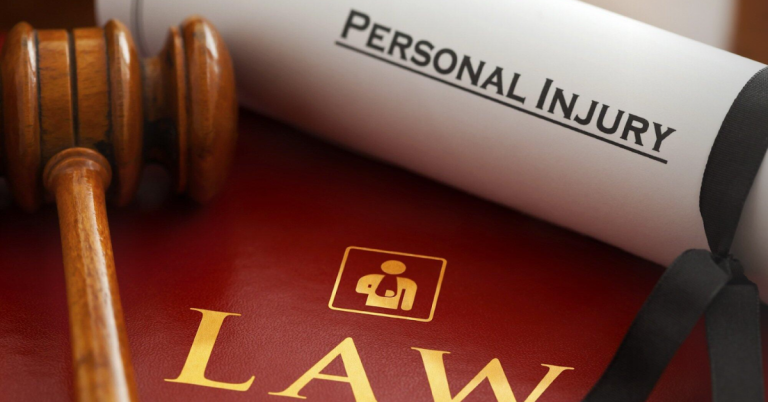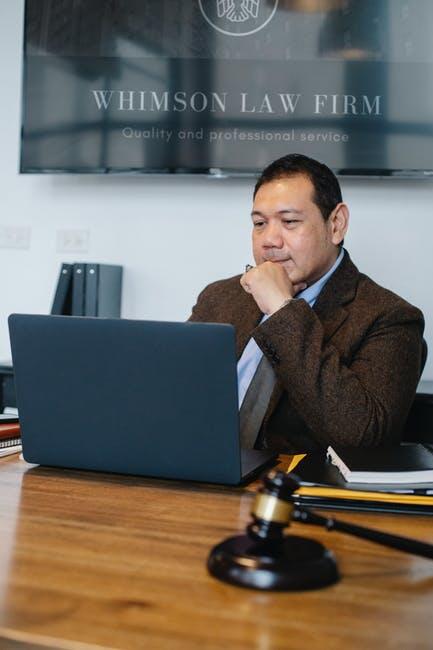Understanding Adultery Laws in Singapore: Rights, Consequences, and Legal Actions

Adultery is a serious issue that can have both emotional and legal consequences for those involved. In Singapore, where family laws are strictly enforced, adultery can impact divorce proceedings, financial settlements, and child custody arrangements. Understanding the legal framework surrounding adultery is essential for individuals facing this situation, whether they are the affected spouse or the one accused of infidelity.
For those dealing with adultery in Singapore, it is important to know how the law defines and addresses this issue. From filing for divorce to gathering evidence and understanding the possible consequences, having the right information can help individuals make informed decisions about their legal rights and next steps.
Definition of Adultery Under Singapore Law
Adultery, in legal terms, refers to a married person engaging in voluntary sexual intercourse with someone other than their spouse. In Singapore, adultery is one of the grounds for divorce under the Women’s Charter. However, proving adultery requires strong and admissible evidence, such as photographs, videos, or witness testimonies.
Simply suspecting a spouse of infidelity is not enough to justify a divorce petition. The burden of proof lies with the accusing party, and failure to provide sufficient evidence may lead to the rejection of the adultery claim in court.
Legal Consequences of Adultery in Singapore
1. Adultery as Grounds for Divorce
In Singapore, adultery is a valid ground for divorce, but the spouse filing for divorce must demonstrate that the marriage has become irretrievably broken due to the act of infidelity. Additionally, the affected spouse must show that they find it intolerable to continue living with the cheating partner.
It is important to note that if a couple continues to live together for more than six months after discovering the adultery, the court may interpret this as forgiveness, which could weaken the adultery claim in divorce proceedings.
2. Impact on Asset Division
While adultery itself does not directly influence the division of assets, it can play a role in financial settlements. If it is proven that the adulterous spouse spent significant marital funds on their extramarital relationship, the court may consider this when distributing assets. However, Singapore follows the principle of fair and equitable distribution, meaning that other factors such as financial contributions and needs of both parties will be considered.
3. Effect on Child Custody
Adultery does not automatically affect child custody decisions. The primary concern of the court is the well-being of the child. However, if the adulterous parent’s actions have negatively impacted the child’s welfare or stability, the court may take this into account when determining custody and visitation rights.
4. Alimony and Maintenance Considerations
In Singapore, spousal and child maintenance are determined based on financial capacity and needs, rather than fault. An adulterous spouse is not automatically disqualified from receiving maintenance, nor is the affected spouse guaranteed higher compensation. However, if the cheating spouse has caused financial harm to the family by misusing joint funds, this could be considered when determining financial support.
How to Prove Adultery in Court
Since adultery must be proven with strong evidence, individuals who suspect their spouse of cheating should take careful steps to gather proof legally. Some ways to establish an adultery case include:
1. Surveillance and Private Investigations
Many individuals turn to private investigators to gather photographic or video evidence of a spouse’s infidelity. However, any evidence collected must be obtained legally, as unlawfully acquired evidence may not be admissible in court.
2. Digital and Electronic Records
Messages, emails, and social media interactions may provide indications of infidelity. However, accessing a spouse’s private accounts without consent could violate privacy laws, leading to legal repercussions. It is advisable to seek legal guidance before obtaining such evidence.
3. Witness Testimonies
Third-party witness statements can strengthen an adultery claim. This could include testimony from hotel staff, friends, or acquaintances who have directly observed the adulterous relationship.
4. Financial Records and Transactions
Unexplained hotel bookings, travel receipts, or gift purchases for someone outside the marriage can serve as supporting evidence. These financial transactions can indicate an extramarital relationship and be presented as part of the case.
Steps to Take If You Suspect Adultery
If you believe your spouse is committing adultery, it is essential to handle the situation carefully to avoid legal and emotional complications. Here are some recommended steps:
1. Stay Calm and Gather Evidence
Emotional reactions can make the situation worse. Instead of confronting the spouse immediately, focus on gathering legally admissible proof.
2. Consult a Family Lawyer
A legal expert can provide guidance on the best course of action, whether it involves filing for divorce or protecting financial and parental rights.
3. Protect Financial Interests
If there is suspicion that the adulterous spouse is misusing joint assets, it may be necessary to secure financial records and seek legal protection for marital funds.
4. Consider Counseling or Mediation
If both spouses are open to reconciliation, marriage counseling or mediation may help address the issues and explore possible solutions outside of divorce.
5. Prioritize Emotional and Mental Well-being
Coping with adultery can be emotionally draining. Seeking support from trusted friends, family members, or professional counselors can help individuals process their emotions and make informed decisions.
Conclusion
Adultery in Singapore carries legal and emotional consequences that can affect marriage, finances, and family dynamics. While it serves as grounds for divorce, proving adultery requires substantial evidence, and the legal process must be followed carefully.
Understanding the impact of adultery on asset division, child custody, and financial settlements is essential for those considering legal action. Seeking professional legal advice and ensuring that evidence is obtained lawfully can help individuals navigate this complex situation while protecting their rights and interests.






